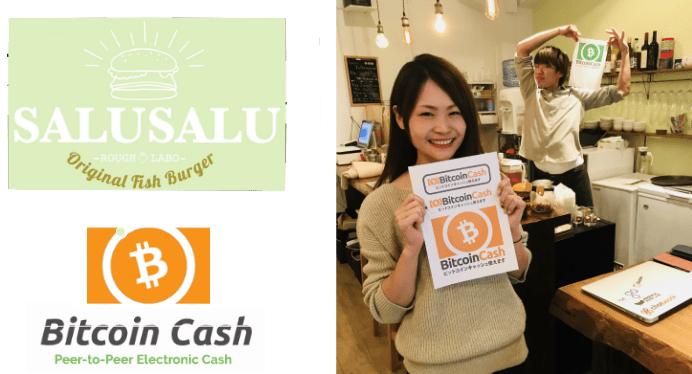Over 250 new businesses accepting BCH as payment in Latin America
More than 250 new businesses in Latin America are now accepting Bitcoin Cash payments thanks to the bounty efforts by the Bitcoin Cash Association (BCA) and Spendbch.io.
Through a bounty program held on the Bitcoincashers.org web portal, users get paid for spreading adoption of BCH by helping local businesses to accept it as payment in Venezuela, Colombia, and Mexico. "Helping" a business to accept crypto means in this case, to introduce a business to Bitcoin Cash and set up a wallet for them. The person then tweets about the business while the merchant will need to fill out a form about the business and location. The person is then paid in BCH to their addresses once merchants are approved.
Usually, in addition to the difficulties associated with receiving cryptocurrency payments such as knowledge of the tech like setting up a wallet, many people are unaware of how cryptocurrency works. There are many other handles of the utilization of crypto at merchants' stores when you compare them with the utilization of fiat. For instance, one merchant pointed out that it would take longer to process a transaction when a customer is paying by some cryptocurrency (including the time to confirm a transaction, teaching merchants how it works, opening a wallet and inputting the amount to be sent from the wallet after scanning a QR code).
However, some matters such as confirmation times and the requirement to type in payment information after scanning the code will depend also with the type of cryptocurrencies. Some will manage a less than 10 seconds confirmation time and without the requirement to manually input the amount to send from the wallet or the wallet address.
Merchants will likely chase utilization of cryptocurrencies if there are associated benefits in relation to other payment options or if there are any preferences for cryptocurrency by their customers, which could arise due to such things as cost advantage over other payment methods.
Bitcoin.com, the source of this news, reported that the campaign is only available in Mexico, Venezuela, and Colombia, but would be rolled out worldwide. The Bitcoin Cash Association has also been running a donation campaign for the Eatbch program in order to increase adoption of the cryptocurrency. It will split a total donation of $1000 to the Eatbch between Eatbch South Sudan and Venezuela.
Venezuela, which is now ideally a "crypto" country championed by the government, has also announced recently that the cryptocurrency will be exchangeable for any other cryptocurrency. According to news outlets, the president offered to anyone who buys the digital currency (currently available for purchase with Bitcoin and Ethereum and other cryptos) until December 31 that they can convert it into any other cryptocurrency or international convertible currencies.
The country is running a Petro savings plan where petro bought can be redeemed after 90 days, 180 days, and 270 days, meaning the investors can redeem the crypto for the value at the expiry of the target period. Additionally, Petro is being used for payment of national taxes and fees in Venezuela.
Therefore, for purposes of usability, another cryptocurrency with a popular appeal would be a natural addition. Again, Venezuelans have been spending other cryptocurrencies in increased rate in the recent past in order to survive the failures, shortcomings, and skepticism of Petro development, with one Bitcoin recently hitting nearly 300 million bolivars.
Although the upcoming Windows and Linux crypto wallets are not yet available for petro (Android app for the Petro wallet was removed from Google Play Store), buyers receive certificates of purchase. Still, Petro is a crypto that is unknown to many, with no publicly available code repository, and there is no data or charts showing network activity, confirmation times, transaction throughput, mining hashrate, or other basic cryptocurrency statistics. The government's block explorer shows only 743 total blocks, which is over a month since the explorer was published and displayed the first block.


